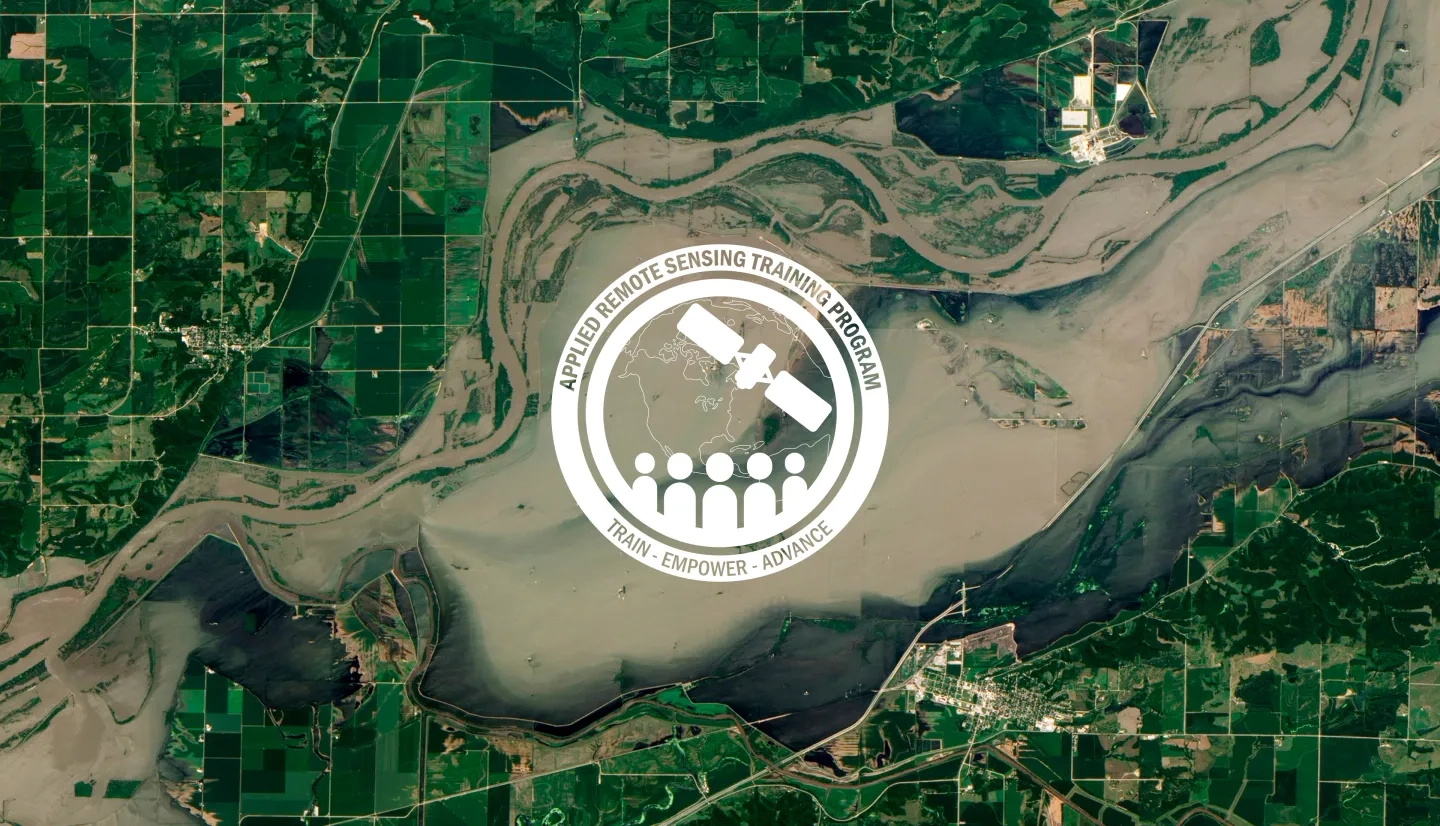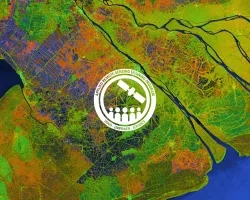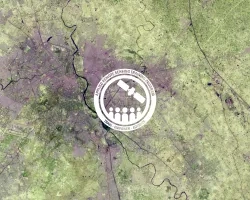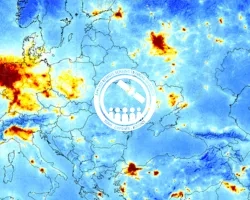Description
Recent studies have shown that globally, riverine and coastal floods are increasing in intensity and duration. In addition, the number of people living in flood-prone areas has increased substantially during the last two decades. Therefore, monitoring and predicting floods in support of early warning, response, and relief operations have become major foci for disaster management activities worldwide. Remote sensing observations from optical and Synthetic Aperture Radar (SAR) sensors are routinely used for detecting and mapping flooding. Moreover, empirical methodologies developed using remote sensing observations of rainfall, terrain, soil moisture, and landcover, as well as weather modeling data have been used for flood monitoring. Sophisticated and complex land hydrology and runoff routing models are also being used for mapping and predicting riverine and urban flooding.
ARSET has offered several trainings on flood monitoring based on optical and SAR observations in the past. This two-part training will focus on recent developments and updates in flood monitoring tools and flood modeling techniques. Specifically, an overview of the Hydrological Modeling and Analysis Platform (HyMAP), a routing model used with NASA’s Land Information System (LIS), and examples of flood modeling cases will be presented in this training.
By the end of this training, participants will be able to:
- Identify and use observation-based flood monitoring and mapping tools
- Understand and plan for using hydrologic and flood routing modeling techniques
Local, city, state, federal, and private institutions involved in disaster management, water resources management, urban planning, dams and hydropower management.
- Two, two-hour sessions including presentations and question and answer sessions
- Identical sessions held in the morning and afternoon
- A certificate of completion will be provided to participants that attend all live webinars and complete all homework assignments
Trainers: Amita Mehta, Sean McCartney, Erika Podest, & Caroline Williams
- Flood monitoring examples using remote sensing observations
- Overview of the Hydrologic Remote Sensing Analysis for Floods (or HYDRAFloods)
- Q&A
Materials:
Trainers: Augusto Getirana, Amita Mehta
- Overview and flood case demonstration using LIS-HyMAP
- Q&A
Materials



